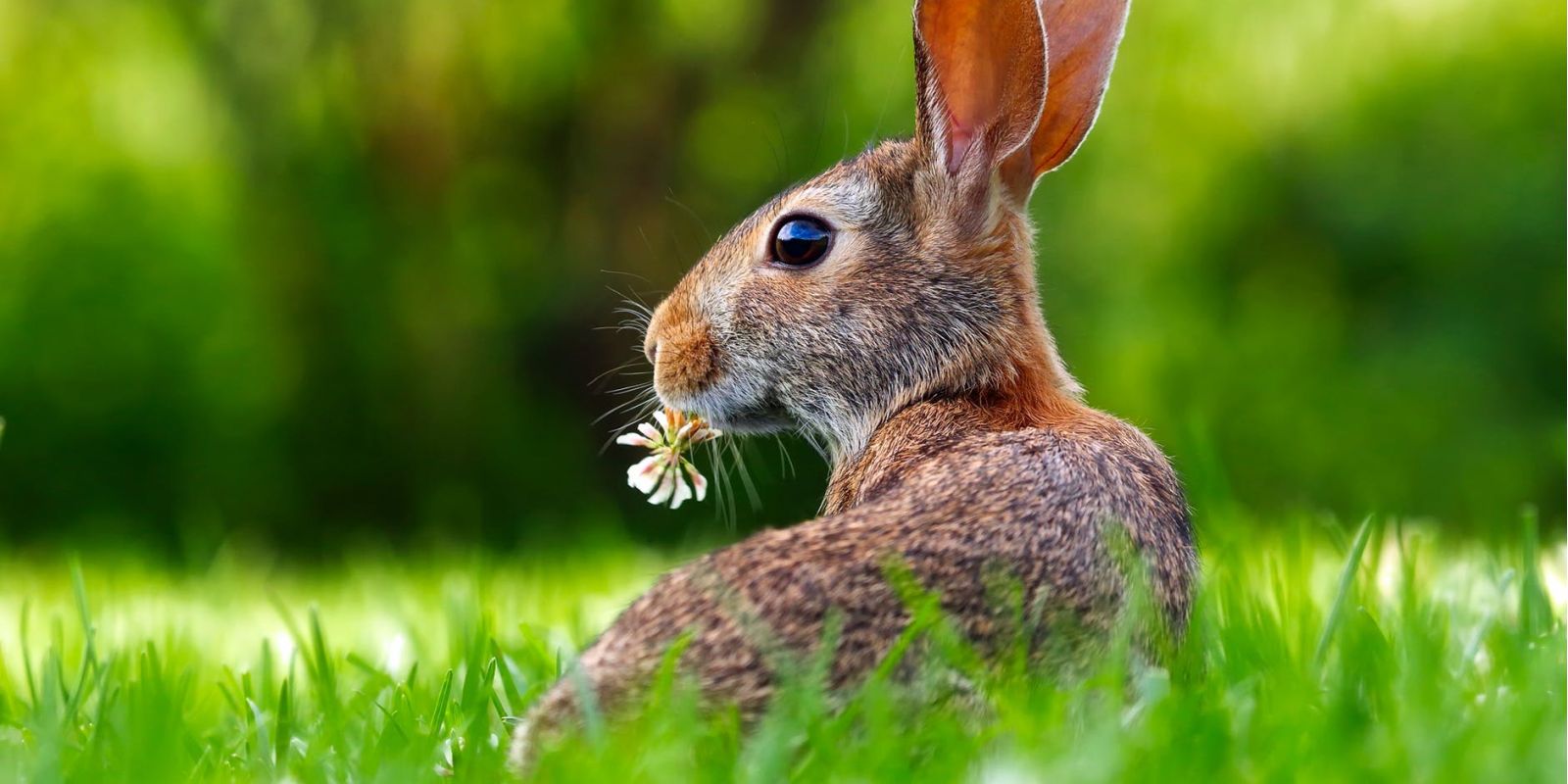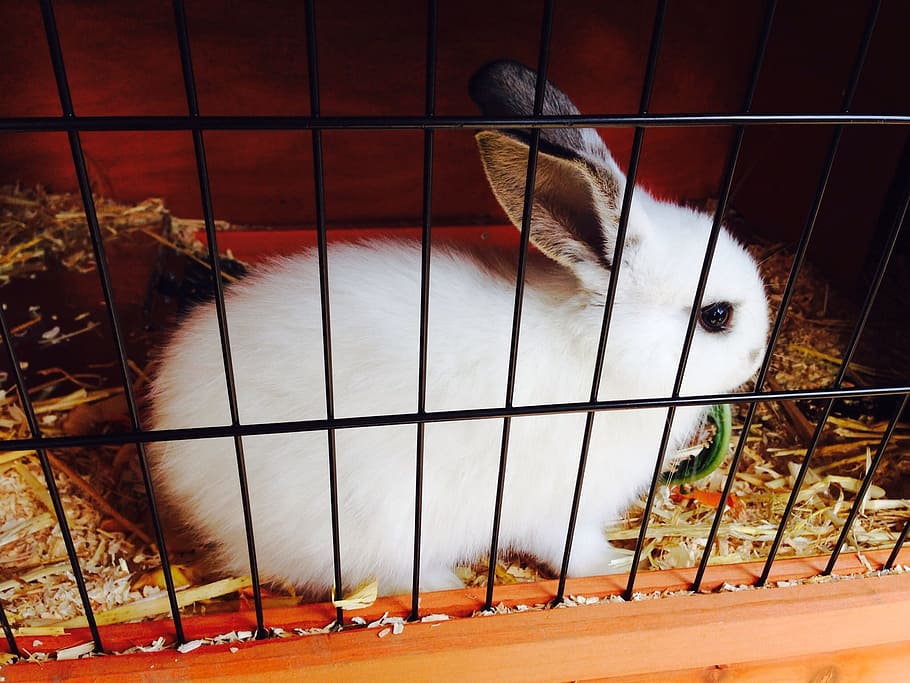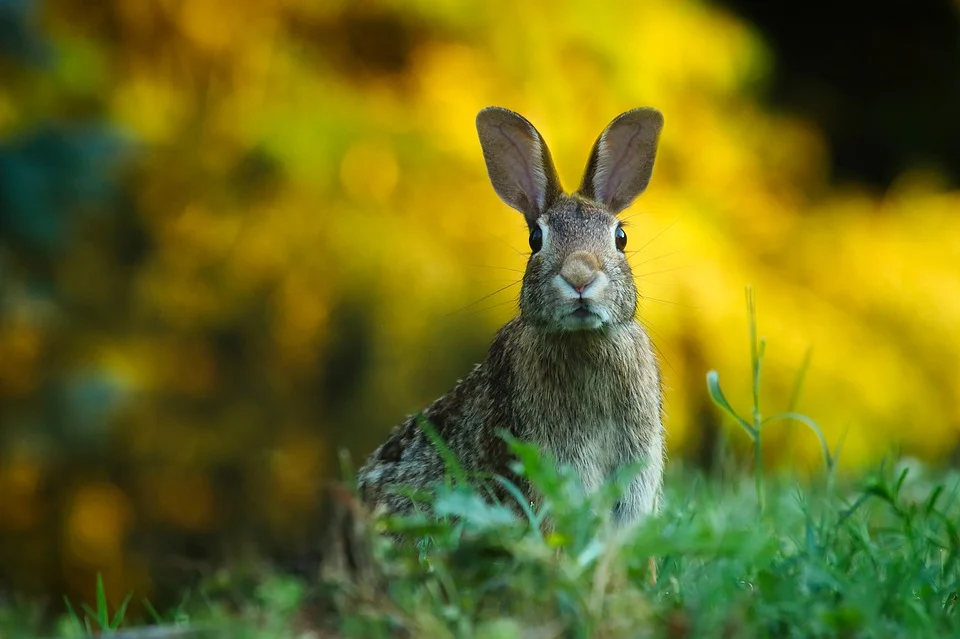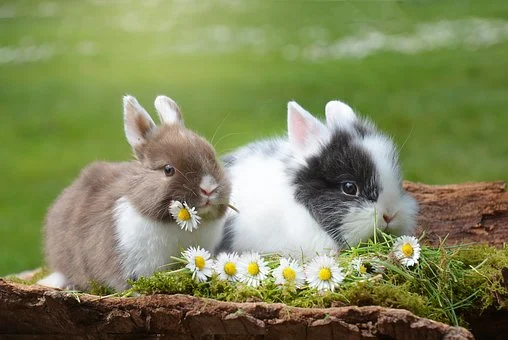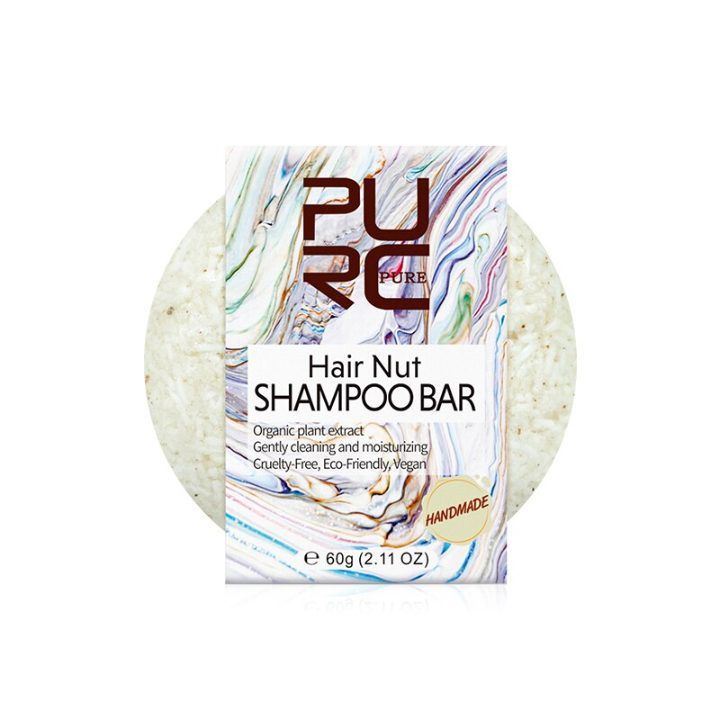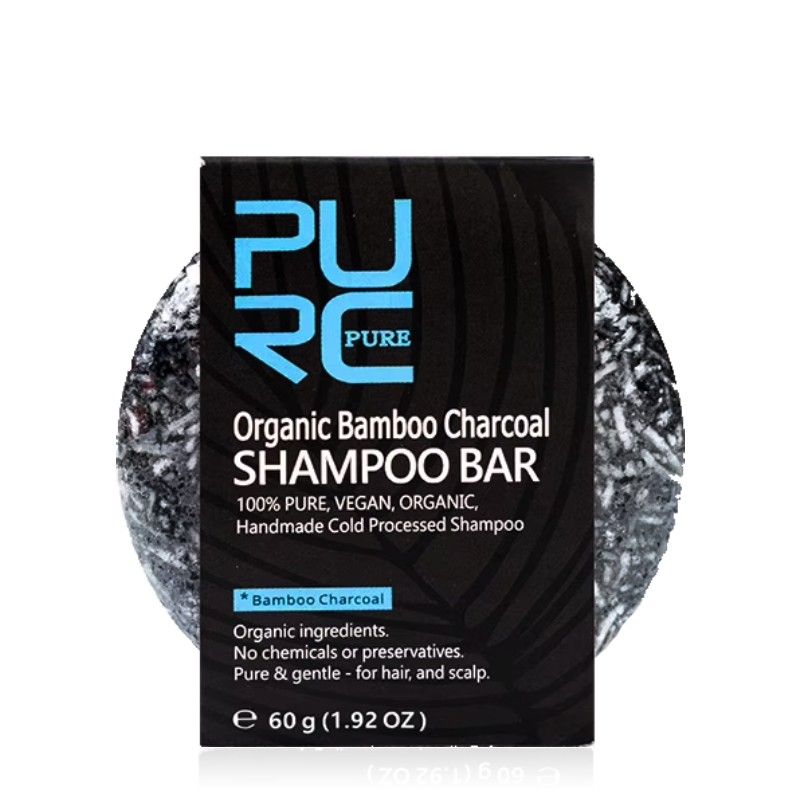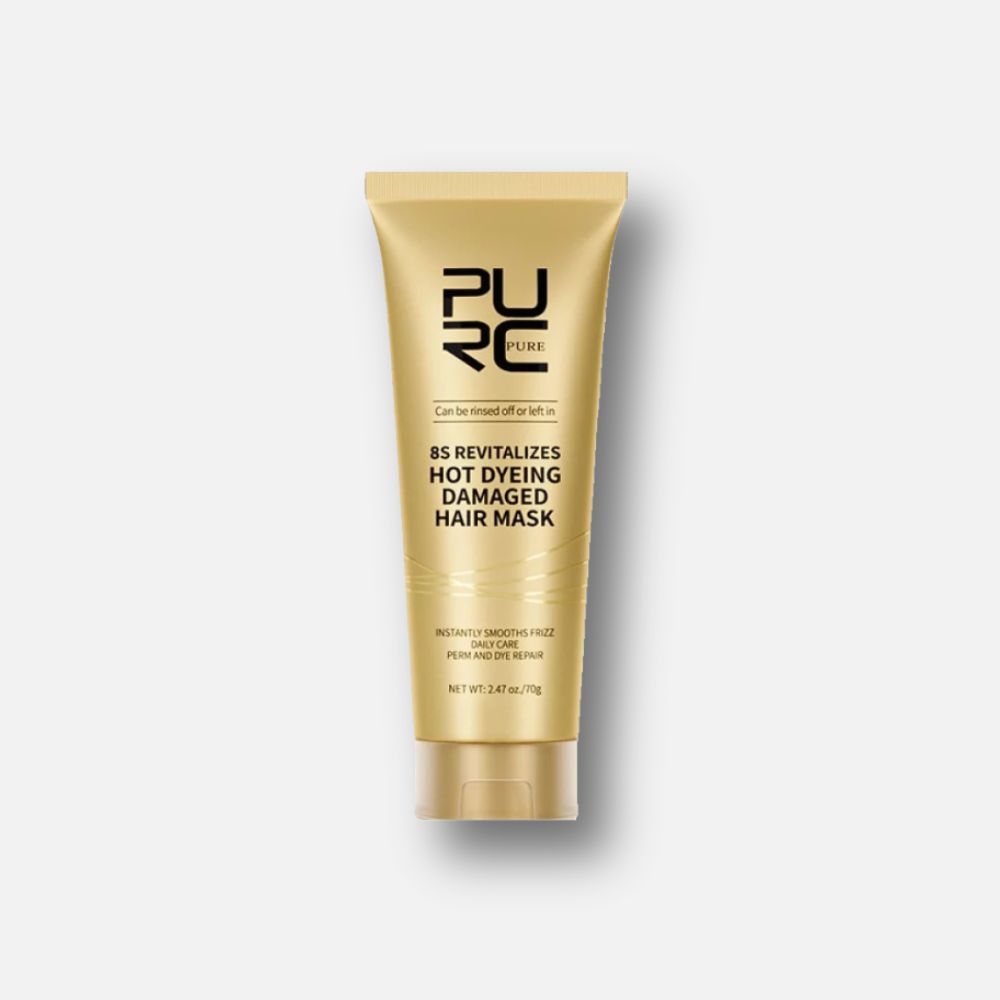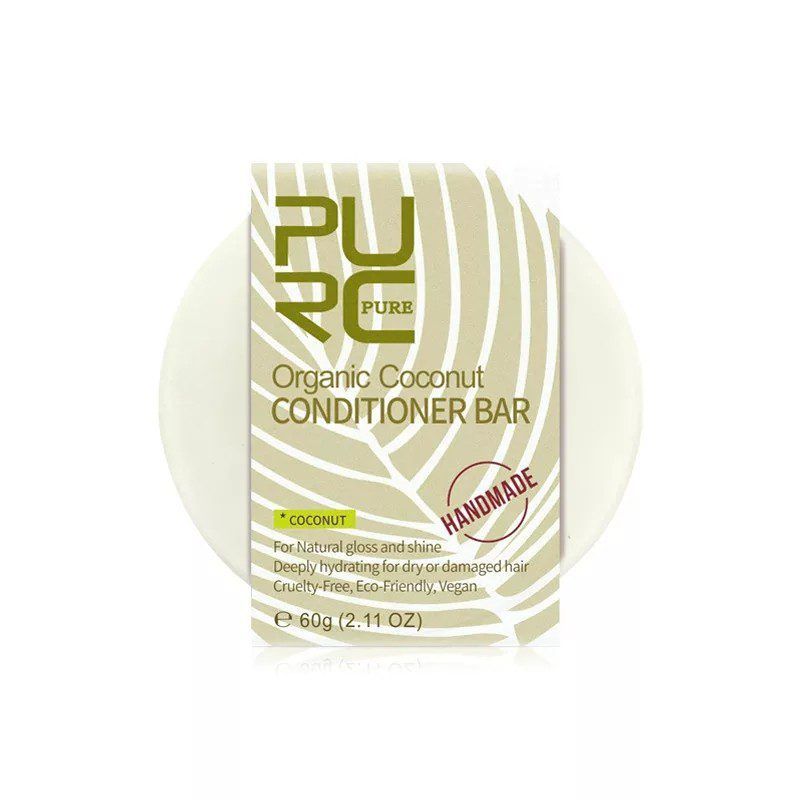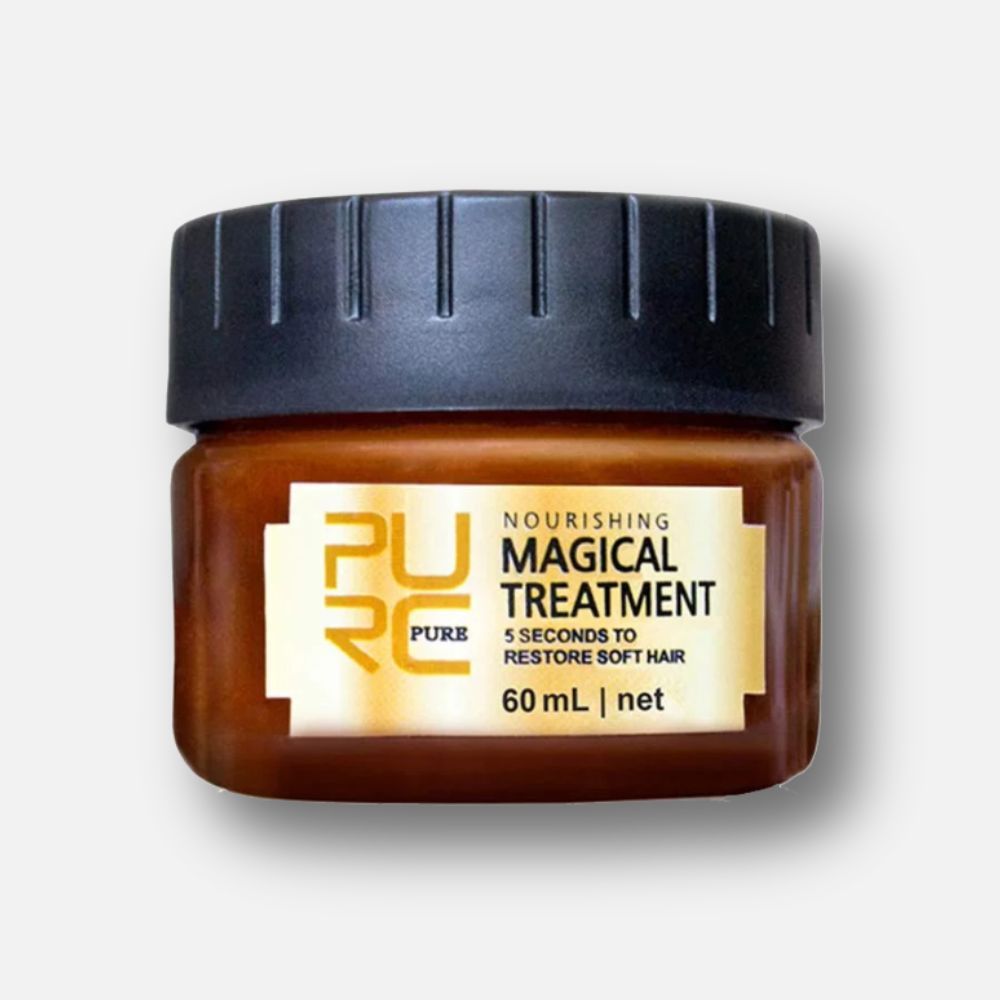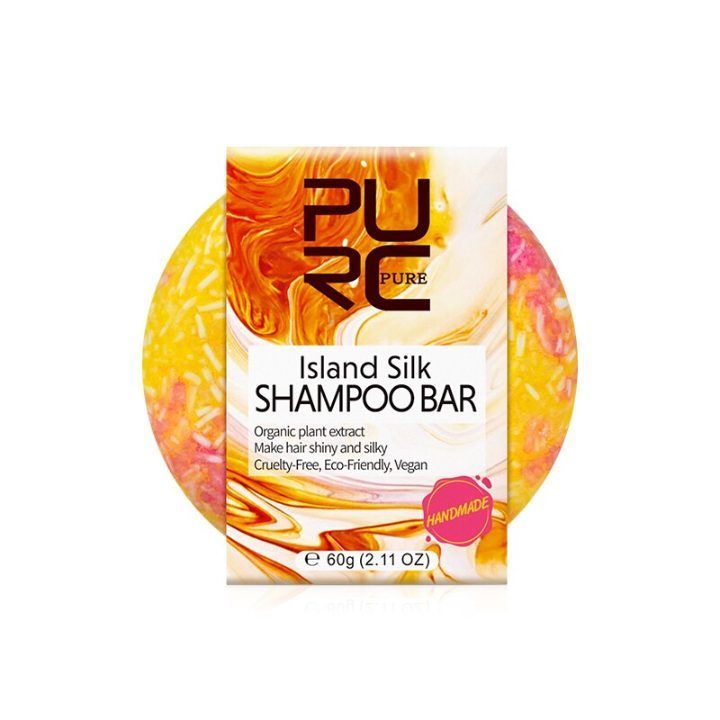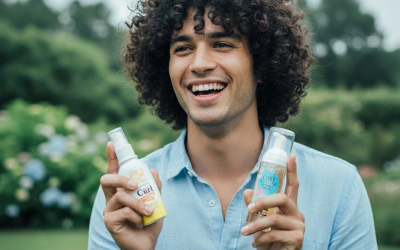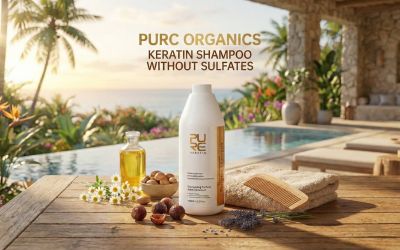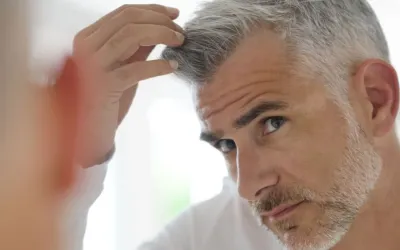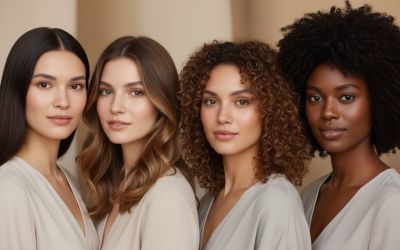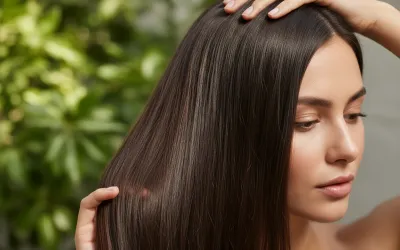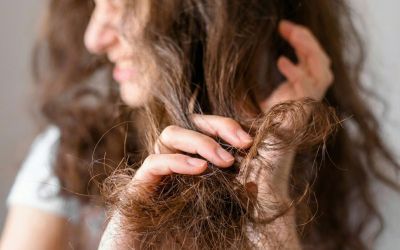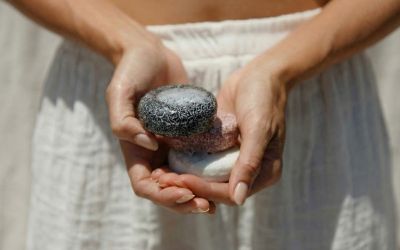This Easter, let happy and healthy habits multiply!
Every year, half a million animals are utilized in cosmetics testing worldwide. As a result, hundreds of millions of animals suffer and die due to cruelty.
The European Union, Norway, Switzerland, Israel, Iceland, and India have actively outlawed the sale of any cosmetics or cosmetics ingredients that have been tested on animals, which is a significant win for animals. Due to these bans, companies worldwide are starting to forsake animal experimentation for cosmetics they wish to sell in these massive markets. The prohibitions come after intense lobbying by People For The Ethical Treatment Of Animals (PETA), its members, and allies worldwide, including public protests, phone calls, and tens of thousands of emails.
Unfortunately, there is no law prohibiting cosmetics or household items from being tested on animals in the United States; therefore, companies who make and sell their products here can choose to test them on animals.
Some companies and organizations are oblivious to the significant change in our understanding of biological processes in the last quarter-century. These advancements in knowledge have led to testing methods that look directly at cellular mechanisms rather than the crude and uninformative results obtained utilizing animals.
Being Bunny Bullies
Even though no law mandates animal testing for cosmetics and home items, Rabbits, Mice, Guinea Pigs, and Rats are used in various invasive studies. As a result, millions of Rabbits are exposed to severe eye and skin tests for pharmaceutical and consumer testing to establish product safety.
Rabbits are popular among researchers because they are easy to confine, have enormous veins in their ears for blood collection, and reproduce quickly. The damage is then recorded by laboratory technicians at specific intervals for hours or days. Rabbits may get enlarged eyelids, irritated and hazy eyes, inflamed skin, ulcers, bleeding, bloody scabs, and blindness due to irreparable corrosive damage.
After these examinations, the voice-less animals usually die of asphyxiation, neck-breaking, or decapitation. Sadly, no provision is provided for pain alleviation. Hence, most animals used in such tests are not counted in official statistics and are not protected by the Animal Welfare Act in the United States.
Domestication of Rabbits dates back to the sixth century when they were maintained for food and fur. They’ve also been selectively bred for fur variety over the years, and they’re a popular pet. They are the most frequent laboratory animal after mice and rats. The British Rabbit Council recognizes up to 76 different rabbit breeds most often employed in research. They’ve traditionally been utilized for antibody development and as test sentinels for various items.
The Importance of Cruelty-Free Product Usage
“Cruelty-free” refers to a product that was developed without the use of animals in the testing process. Compared to other non-cruelty-free cosmetic products, cruelty-free goods are healthier and contain much fewer chemicals. This implies that switching to goods that aren’t tested on animals helps animals and means you’re using better products for your skin.
Instead of testing items on animals, cosmetic companies can always find better ways to test their products. Many companies have purposefully avoided testing their cosmetic products on animals to maintain their cruelty-free credentials. The public is more aware than ever before of the importance of not injuring animals and switching to cruelty-free products to support animal rights. Consumers prefer to purchase cosmetics that have not been subjected to animal testing. If they discovered that animals were forced to suffer for the cosmetics they used, many people stated they would switch to a different brand.
What Can Be Done To Change This?
Even though non-animal tests are readily available, animal research for cosmetics and home items persists, as hard to believe. As alternatives, manufacturers can now drop chemicals onto cornea-like 3D tissue structures made from human cells instead of analyzing how long it takes a chemical to burn the cornea of a rabbit’s eye. Skin irritation can also be tested using human skin cultures, which can be cultivated and purchased.
Research conducted on animal testing alternatives by an organization called Cruelty Free International and The Body Shop demonstrates how alternatives to animal testing for cosmetics are more ethical and reliable, faster, and less expensive than the animal experiments they are intended to replace.
According to their study, there are some basic alternatives. Tests using primary organisms like bacteria and tissue and skin cells supplied by individuals are alternatives to animal testing for cosmetics. Some tests can even be performed with the help of computers or chemicals. Animal testing alternatives are significantly more realistic. Skin and eye irritation tests on tissue and cells in laboratories can be completed in one day. The same tests on live rabbits take two to three weeks to complete.
The most effective strategy to prevent corporations from using animals is to clean up your act. This can be done by removing all products tested on rabbits and other animals from your home, refusing to buy such products, and replacing them with cruelty-free cosmetics, cleaners, and personal care items.
The good news is that there is now a plethora of cruelty-free cosmetics and household goods available in the market to pick from, including Estée Lauder, Avon, PURC, and many more. Consumers who boycott animal-tested goods play a critical role in pressuring businesses and government organizations to use more appropriate and compassionate non-animal testing methods.
How PURC Comes Into The Picture
PURC is an organic hair care line that focuses on gender-neutral and natural hair care for men, women, and children while considering the concern for the environment and animal life. Haircare products manufactured from fair-trade natural components are PURC’s specialty. We believe that natural beauty comes from natural materials.
So we ask – why wash your hair and body with chemicals that dry out your scalp, skin, and roots? When there are so many plants in nature that may be used to make natural hair and body care products. Hence, we provide a large selection of products free from animal testing and cruelty for washing, styling, coloring, and nourishing various hair types.
We are animal lovers that oppose harming animals in any way! After thorough testing, we can assure you that our shampoo bars are also safe for your pets. We care about our planet, and we hope that by being responsible and using cruelty-free products, we can help the environment and the globe by reducing the use of plastic. We work with what nature provides and add what is required. We like to give back to our earth by selling natural and eco-friendly products.
PURC is not just a hair and body care maker but a brand where environmentally conscious people such as vegetarians, vegans, and members of the zero-waste community and those who prefer a natural style can come together to build an inclusive community of hope for the future.
